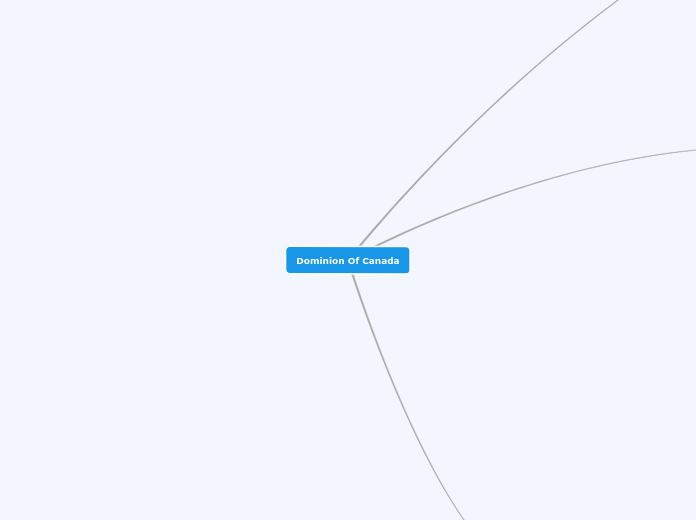Dominion Of Canada
The London Conference 1866
The conference was held on December 4th, 1866. The conference was held in London, in the United Kingdom. The conference, unlike the other conferences, lasted only a day. And this was the last conference to happen, that led up to the dominion and confederation of Canada. The reason Canada east,west, and the maritime provinces had this conference was, because they wanted to talk about the British North America Act and choose official names for the conjoined provinces (Canada, Ontario, Quebec) They also went over the 72 resolutions made in the Quebec conference, just to make sure everyone understood them. The London conference confirmed the union of all the provinces.
The same people who had represented their colonies in the past conferences, represented their same colonies. Though John A. MacDonald had represented New Brunswick and Nova Scotia.
The Quebec Conference 1864
The Quebec conference was the second conference that led up to the dominion and Confederation of Canada. The conference lasted 14 days, from October 10th too 24th, 1864. The Conference was held in the capital of Quebec,Quebec city. Canada East, West, and the colonies attended the Quebec conference. Many of the same representatives form the Charlottetown conference, had also attended the Quebec conference. Which was no surprise, seeing as the Charlottetown conference had only happened about a month ago. The same provinces that had attended the Charlottetown conferences had also attended the Quebec conference, except this time, representatives form Newfoundland had also attended the Quebec conference. The conference was held to settle some debates and reasons why or why not they should form a union. And they all ended up agreeing on joining forces to become more powerful and help pay the bill for the inter colonial railroad. The 72 resolutions were also created during the Quebec conference.
The same leaders or representatives in the Charlottetown conference, had represented the same colonies in the Quebec conference. Samuel Lenard Tilly representing New Brunswick, John Hamilton Gray representing Prince Edward Island, and Charles Tupper representing Nova Scotia.
The leader or representative of Newfoundland was Ambrose Shea, who was part of the liberal party. There were actually only 2 representatives of Newfoundland at the Quebec conference, and they were only sent to watch and observe the conference. Both were obviously men, and they were Ambrose Shea and Frederic (NA, cant find last name and image of Ambrose Shea).
The representative of Canada West were George Brown.
And the representative of Canada East,was George-Étienne Cartier
The Charlottetown Conference, 1864
The Charlottetown conference was the first conference to set confederation and the dominion of Canada into action. The Charlottetown conference lasted 9 days, from September 1st to 9th, 1864. The conference was held in the capital of Prince Edward Island, Charlottetown. The conference was held for and by the 3 provinces, Prince Edward Island, Nova Scotia, and New Brunswick. The 3 province leaders came to the conference to talk about uniting the 3 provinces together. They wanted to unite together, because back in 1862, The Province of Canada refused to pay the bill for the inter colonial railroad; The inter colonial railroad, was a railroad connecting the 3 provinces, Prince Edward Island, Nova Scotia, and New Brunswick. So the maritime hoped that by joining together, they would have enough political power to attract finical investment.
The leader or repetitiveness for New Brunswick during the Charlotte town conference was Samuel Lenard Tilly, who had always dreamed of a great and powerful British nation. Though there were 5 representative for New Brunswick during the Charlottetown conference, Tilly was the main one as he was the reform premier.
The representative or leader of Nova Scotia at the Charlottetown conference was Charles Tupper. he really wanted the maritime union to happen and supported it greatly. And there was a total of 4 representatives at the Charlottetown Conference for Nova Scotia.
And the representative or leader of the smallest province that participated in the Charlottetown Conference, was John Hamilton Grey. He really wanted the union to happen, as his province was small and had the lowest population out of the 3 provinces. There was a total of 5 representatives for Prince Island, John being the conservative premier.
